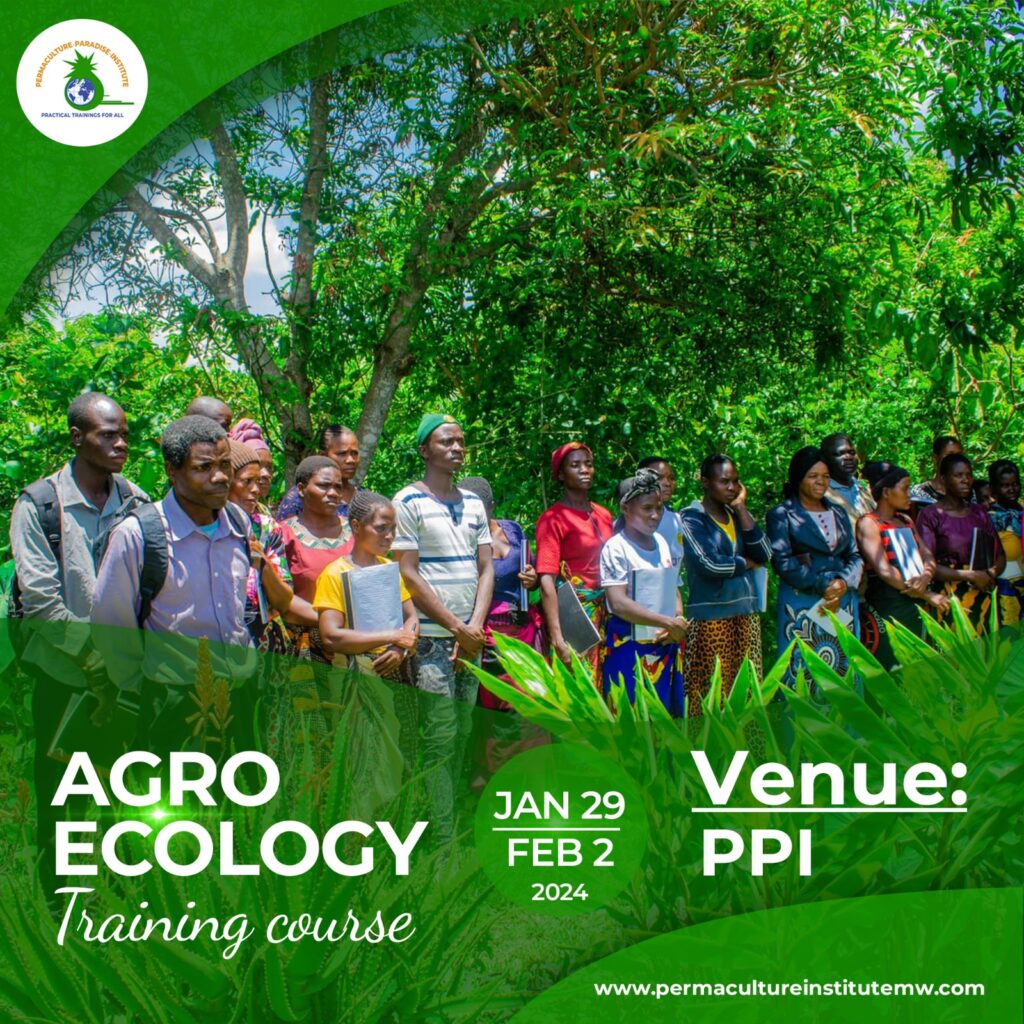In the embrace of four acres of sugar cane, alley farming unfolds as a canvas of sustainable agriculture, where Permaculture and Agroecology collaborate in a delicate dance. Divided into buffer and productive zones, this innovative approach transforms conventional farming into a symphony of ecological balance.
The design philosophy follows the principle of “design from patterns to details,” where every aspect of the landscape is a deliberate stroke contributing to a larger, intricate picture. This meticulous planning ensures that each element plays a role in fostering biodiversity and resilience, reflecting the 13 Principles of Agroecology and the 12 Permaculture Principles.
Energy, the life force of the farm, is harnessed through strategic placement of trees and shrubs, acting as reservoirs of sunlight. This not only nurtures sugar cane but creates a haven for beneficial insects and wildlife. Alley farming champions the use of renewable resources, from rainwater harvesting to the natural pest control services offered by the diverse ecosystem.
“Produce no waste” is a guiding mantra in alley farming. What might be discarded on traditional farms becomes a valuable resource here. Crop residues transform into nutrient-rich mulch, organic matter evolves into compost, fostering a circular economy that minimizes waste and maximizes efficiency.
Integration takes center stage, replacing the conventional concept of segregation. Diversity is celebrated, with a myriad of plant species coexisting harmoniously. This approach creates resilience, steering clear of the vulnerabilities associated with monoculture.
As the sugar cane fields sway in the breeze, the convergence of buffer and productive zones becomes a focal point. This intersection is a fertile ground for an interplay of species, enhancing biodiversity and productivity. Alley farming embraces the philosophy of valuing the edges, where the marginal is not dismissed but elevated, showcasing the beauty found in the diversity of life.
Adaptability is the cornerstone of alley farming. Responding to change with creativity and embracing small, gradual solutions, farmers navigate the ever-shifting landscape of agriculture. Beyond the sweet yields of sugar cane, alley farming emerges as a testament to the interconnectedness of Permaculture and Agroecology. It embodies a philosophy that agriculture can be both productive and in tune with the natural world, offering a vision of a future where the land and its cultivators thrive in harmony.


